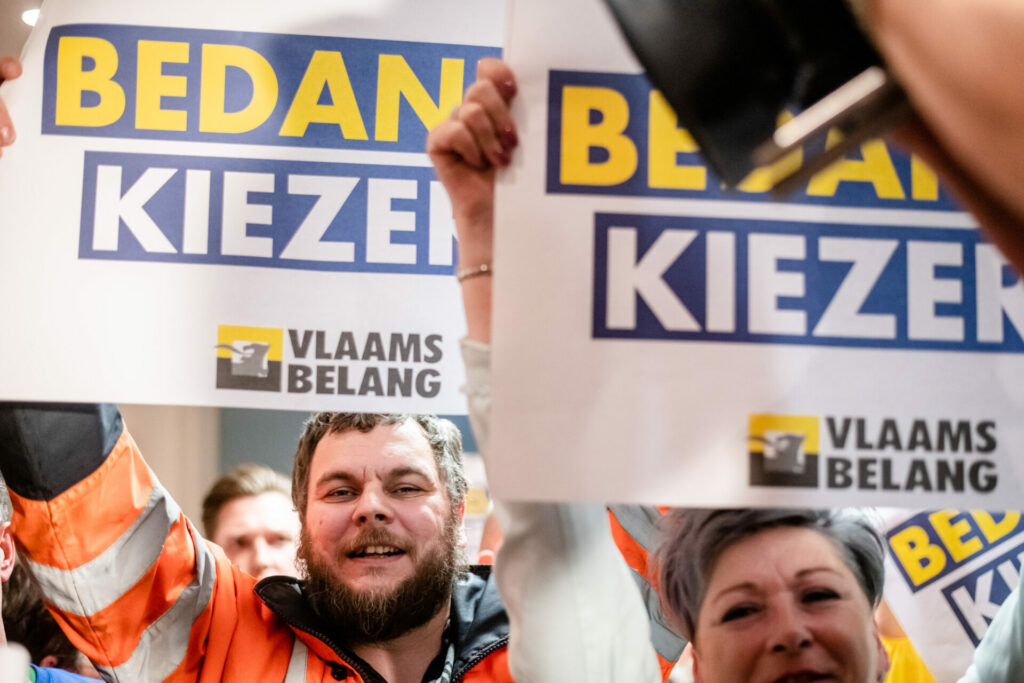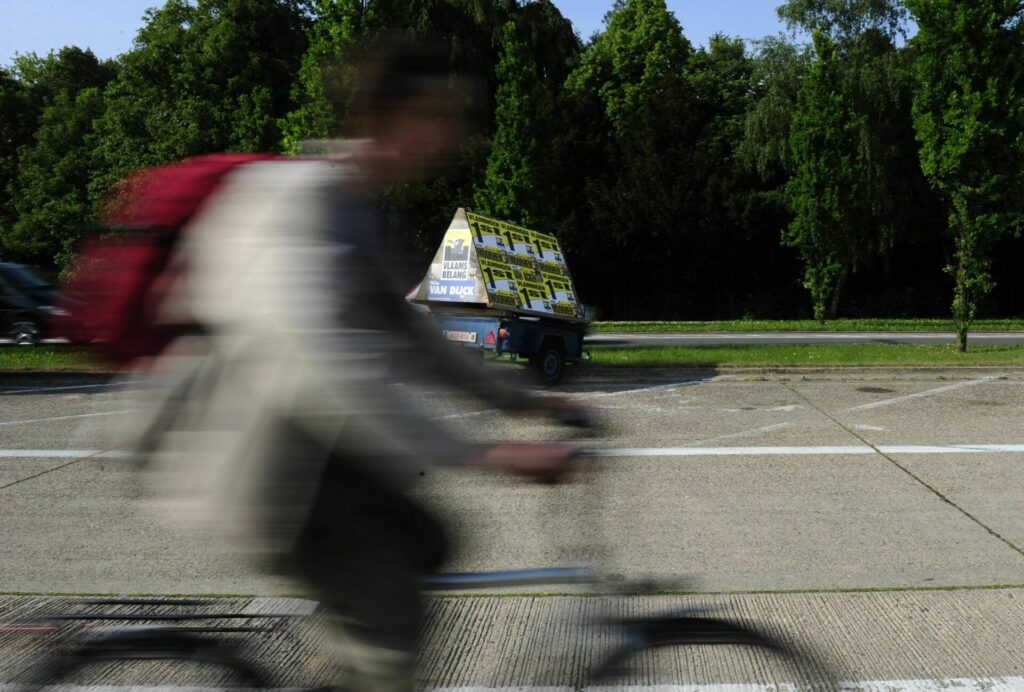People in Belgium will be heading to the polling booths for the local, national and European elections next year, however, some are anything but enthusiastic about this prospect.
Turning up to vote is compulsory in Belgium, but casting a vote in the local elections will no longer be mandatory in 2024, a decision several political experts warned against. The clear-cut result of this has now been revealed by 'De Stemming', an opinion poll conducted by De Standaard and VRT, which showed that 30% of voters in the region will definitely or probably not go to the polling booth.
While the overall turnout is likely to fall sharply next October, the effect varies greatly from party to party. The Christian Democratic and Flemish CD&V party, which as the majority party approved the abolition with the most disdain, is least affected, as just 17% of its voters say they will not or are unlikely to vote.
The right-wing N-VA party can also count on a motivated electorate, while with 34% potential dropouts, the left-wing Worker's Party (PVDA) will likely feel the biggest hit.
Compulsory voting still applies for the national and European elections, but the survey, conducted among 2,000 people of voting age, showed that if it were abolished there too, less than half would "always" vote.
Call this a democracy?
Behind this reluctance to vote lies a deep disillusionment with the political system. While more than eight out of ten participants consider democracy a good way to govern a country, only half believe that Belgium is currently governed democratically. One-third even indicated the opposite.
Among the far-right Vlaams Belang votes, and those loyal to the PVDA, two opposition parties in the in every government in Belgium, are especially convinced of this argument. As many as 60% and 45% indicated, respectively, that they believe Belgium is not being governed democratically.

Supporters of the Flemish far-right party Vlaams Belang holding signs reading "Thank you, voters." Credit: Belga/ Jonas Roosens
With Vlaams Belang voters in particular, the rejection of the political system is virtually absolute and universal, the survey showed. Their existing discontent was likely further strengthened when the party was the big winner of the elections in Flanders in 2019, both in the Flemish Parliament and in the Chamber, but was rejected from governing due to the cordon sanitaire principle.
The latest survey highlighted a "deep dissatisfaction" with the way politicians listen, act and take decisions, with a majority stating politicians have no idea of what is important to citizens. When it comes to confidence in politicians, governments and parliaments of Belgium and Europe, the average scores fluctuated between 3 and 4 out of 10.
Meanwhile, more than half of the Flemish people surveyed felt that corruption in the political establishment has increased over the past three years, and according to a quarter, it has even risen sharply.
The general lack of confidence in the country's politicians and political system as a whole has already been highlighted in previous surveys, but this latest polling has shown confidence in politics is almost completely gone, a disillusionment that Flemish people showed makes even authoritarian alternatives attractive. The younger, poorer and less educated people are, the greater the authoritarian temptation.
Related News
- Belgian section of Farmers Defence Force announce protest on 27 May
- 'Ruins of nationalism' are not talked about enough, says Belgian PM
Six out of ten people surveyed think a technocracy — in which experts, not the government, take decisions — is a (very) good idea, while one-third prefer a dictatorship – having a strong leader who governs the country "without having to worry about parliament and elections." Almost half of Vlaams Belang voters support that idea.

